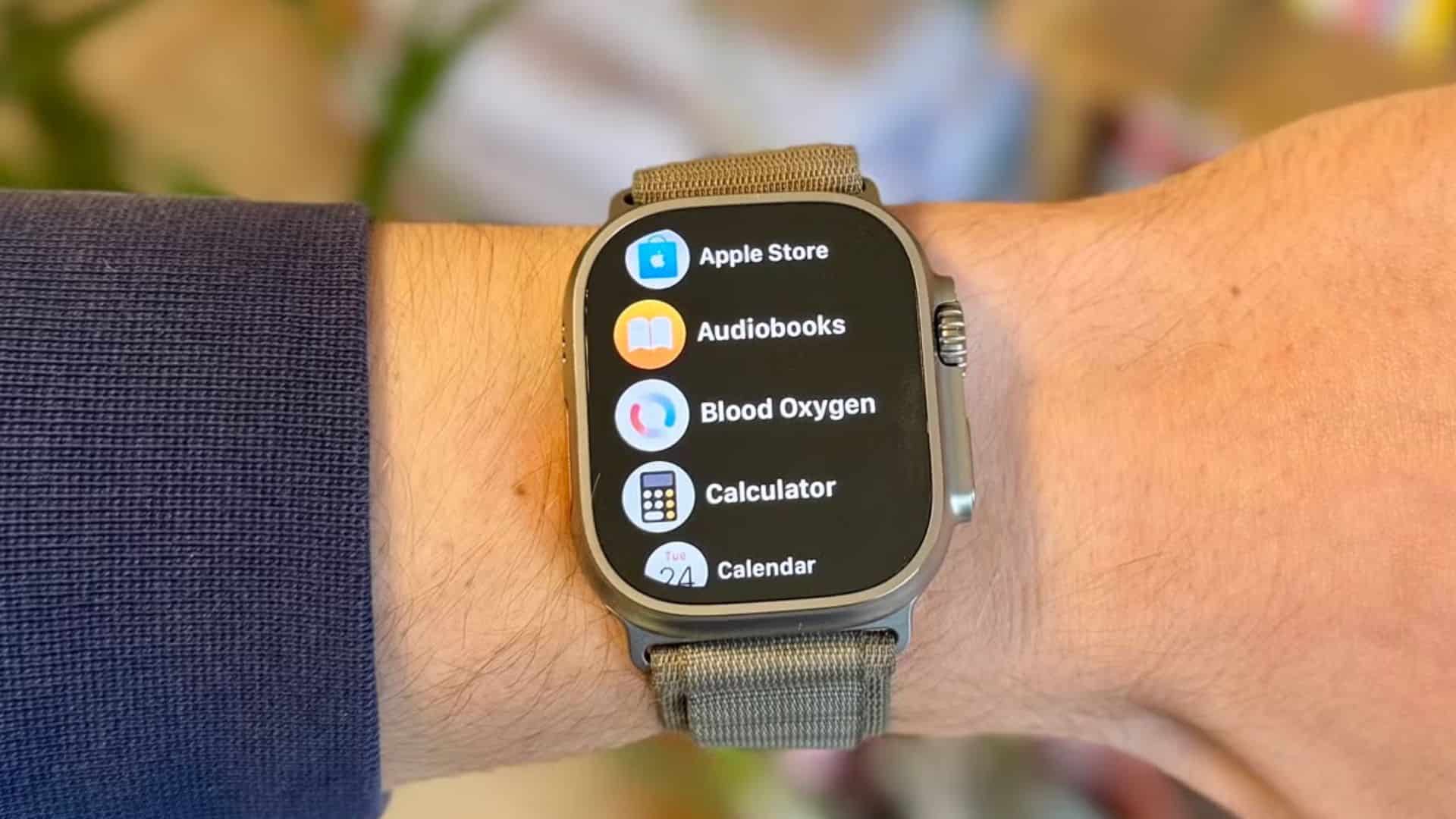WhatsApp, the globally popular messaging platform owned by Meta, has announced a delay in introducing in-app advertisements within the European Union (EU). This decision comes in response to ongoing privacy discussions and regulatory scrutiny within the region.
Earlier this week, Meta initiated the global rollout of advertisements in WhatsApp’s Updates tab, marking the first instance of ads appearing directly within the app. These ads are designed to appear in Status posts and the Channels list, similar to the Stories feature on Instagram. However, users in the EU will not experience this change until at least 2026.
Des Hogan, Ireland’s Data Protection Commissioner, stated, That new product won’t be launching in the EU market until 2026. We have been informed by WhatsApp and we will be meeting with them to discuss any issues further. This statement underscores the proactive approach taken by EU regulators to ensure that new features comply with the region’s stringent data protection laws.
The delay is largely attributed to concerns over user privacy and data sharing practices. Meta’s new ad system utilizes personal data signals, such as users’ city, language, and interactions with Channels and ads, to tailor advertisements. For users who have linked their WhatsApp accounts with Meta’s Accounts Center, data from Instagram and Facebook further refines ad targeting. This cross-platform data sharing has raised significant concerns among European privacy advocates and regulators.
The European Union has a history of stringent data protection regulations, exemplified by the General Data Protection Regulation (GDPR). In 2021, WhatsApp faced a €225 million fine from Ireland’s Data Protection Commission for failing to disclose how it collected and shared data about its users. This fine was the second-largest under GDPR at the time. Additionally, in 2023, Ireland fined WhatsApp €5.5 million for forcing users to consent to data usage for service improvements and security, highlighting ongoing tensions between Meta and EU regulators.
The current postponement reflects Meta’s cautious approach in navigating the complex regulatory landscape of the EU. The company aims to ensure that its advertising practices align with European privacy standards before proceeding with the rollout. Dale Sunderland, another commissioner at the DPC, mentioned, We’re still early days. We’ll engage as we do with every other new feature, new issue that they bring to us… and at this stage, it’s too early to say what, if any, will be any red line issues.
This development also comes at a time when Meta is facing an antitrust lawsuit in the United States, which could potentially force the company to divest from its acquisitions of Instagram and WhatsApp. The integration of advertising across these platforms could be seen as a strategic move to strengthen their interconnectedness, potentially complicating any efforts to separate them.
In summary, WhatsApp’s decision to delay the introduction of in-app advertisements in the EU underscores the significant influence of European privacy regulations on global tech companies. As Meta continues to expand its advertising strategies, it must carefully navigate the regulatory frameworks of different regions to maintain user trust and compliance.



